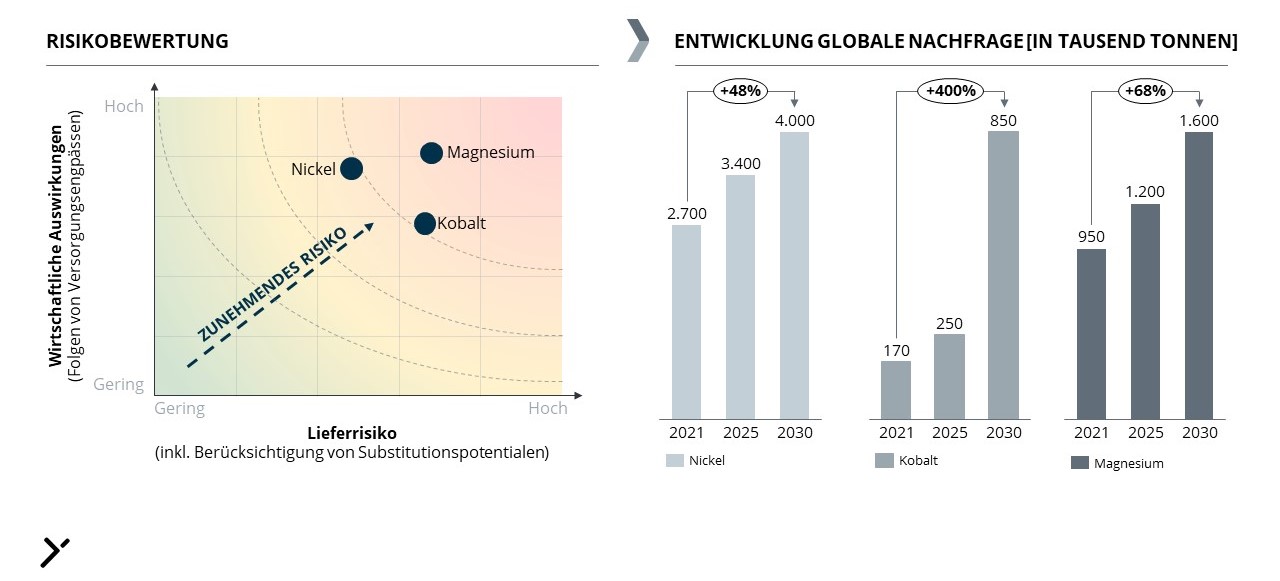Dr Ralf Walker (1969) has been a partner at Berylls by AlixPartners (formerly Berylls Strategy Advisors), an international strategy consultancy specialising in the automotive industry, since September 2021. His expertise lies in the areas of operations and task forces.
He has been advising automotive manufacturers and suppliers in a global context since 2008. He also has in-depth expertise in the areas of launch & ramp-up management, turnaround management, production & supply chain optimisation, lean management and strategy development & footprint optimisation.
Before joining Berylls Strategy Advisors, he spent 18 years at PwC Strategy&, Booz & Co, Management Engineers and the Fraunhofer IPT, as well as 5 years at GKN as head of the European team and member of the global team for the introduction of lean and business excellence principles, production manager and head of industrial engineering.
He studied mechanical engineering at RWTH Aachen University and completed his doctorate at the Fraunhofer IPT in Aachen.
